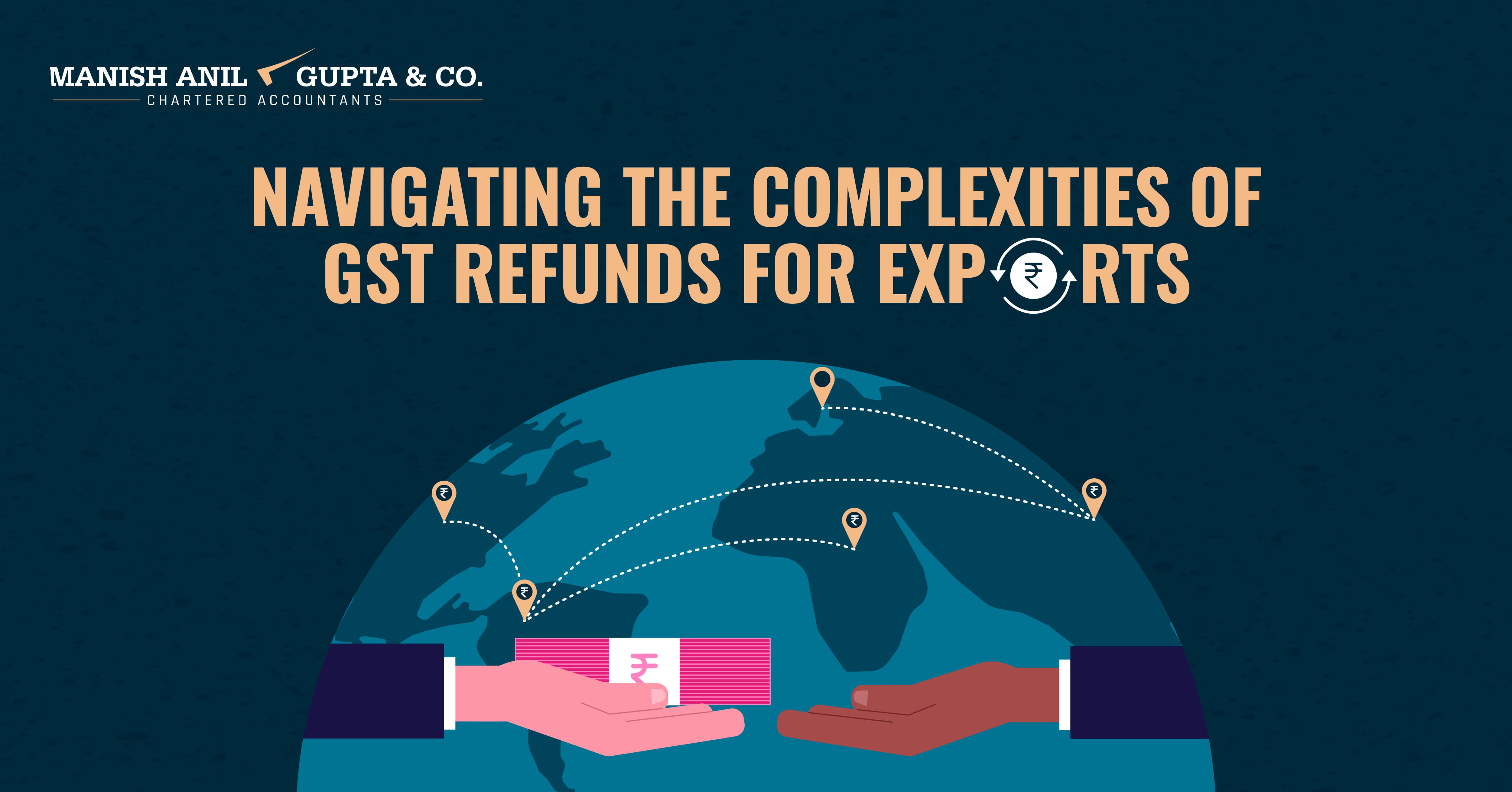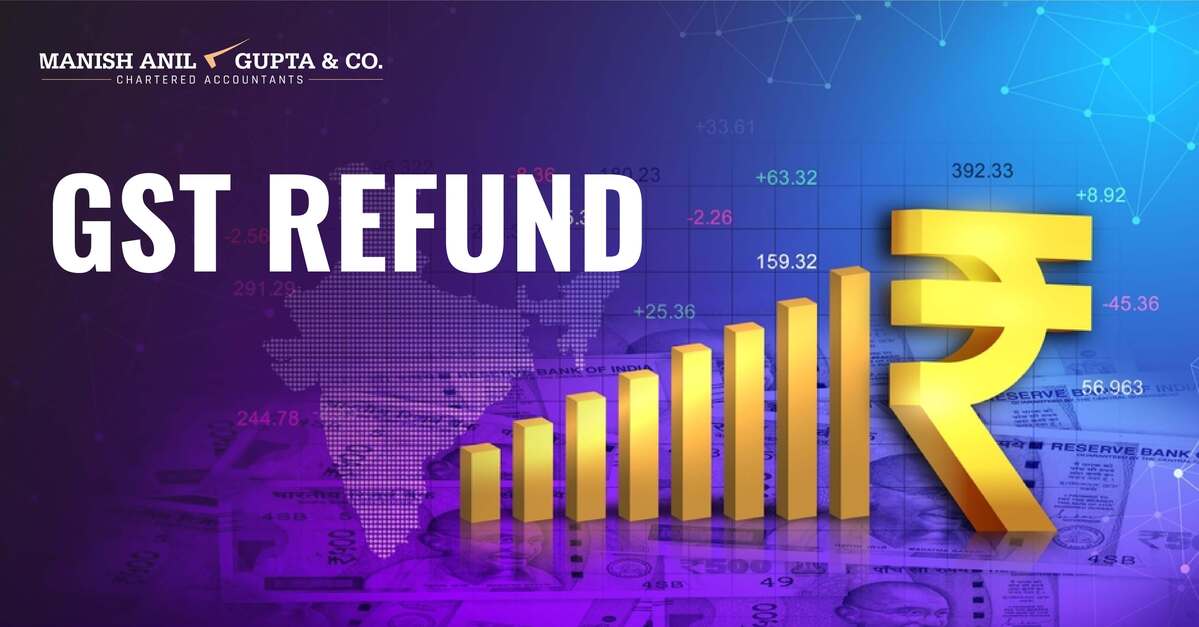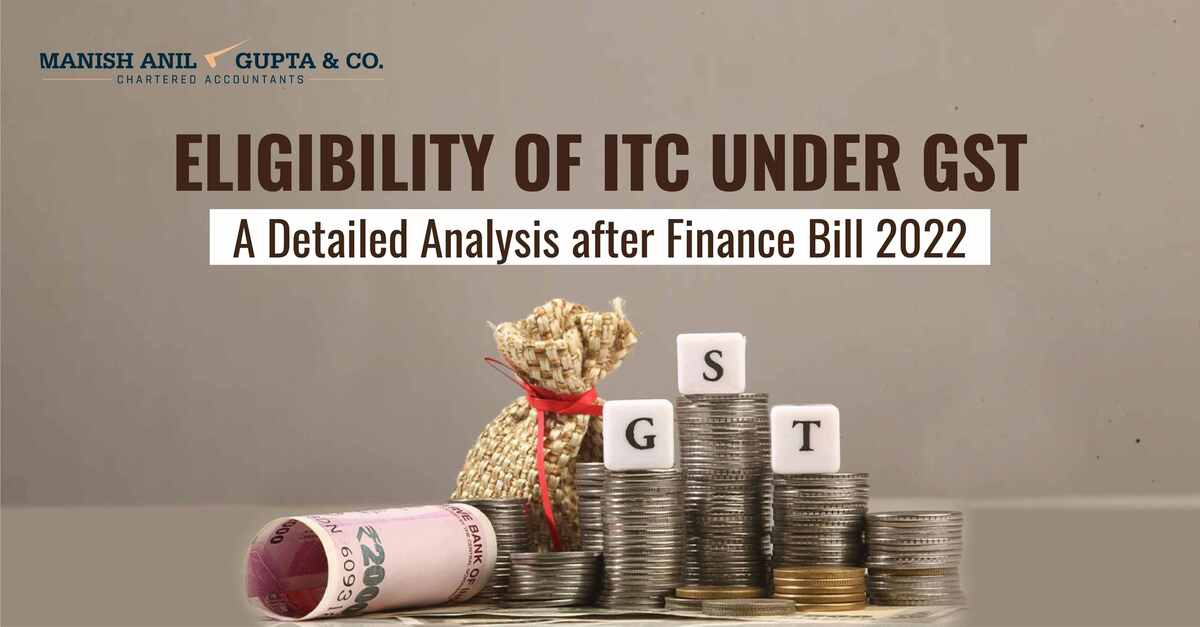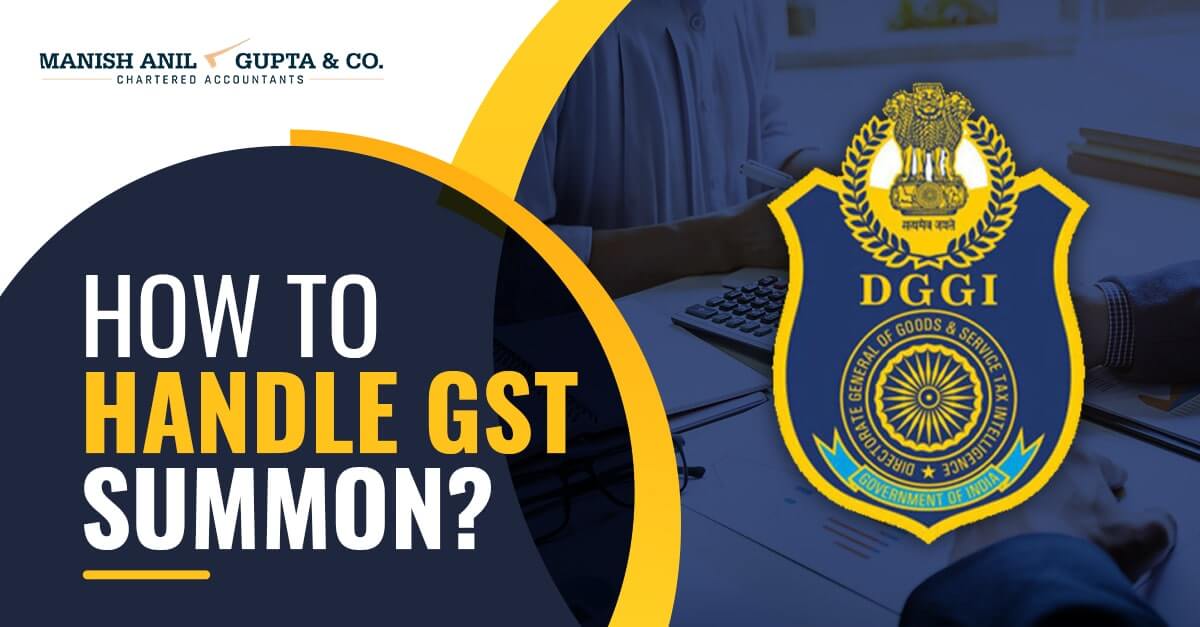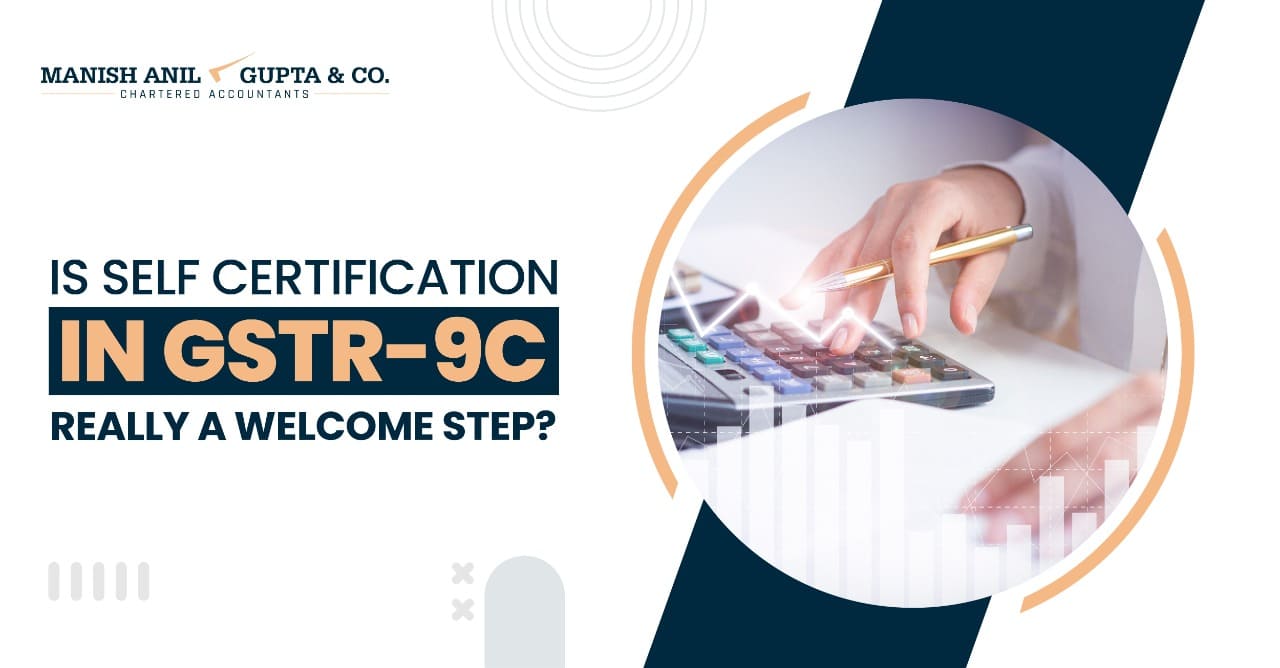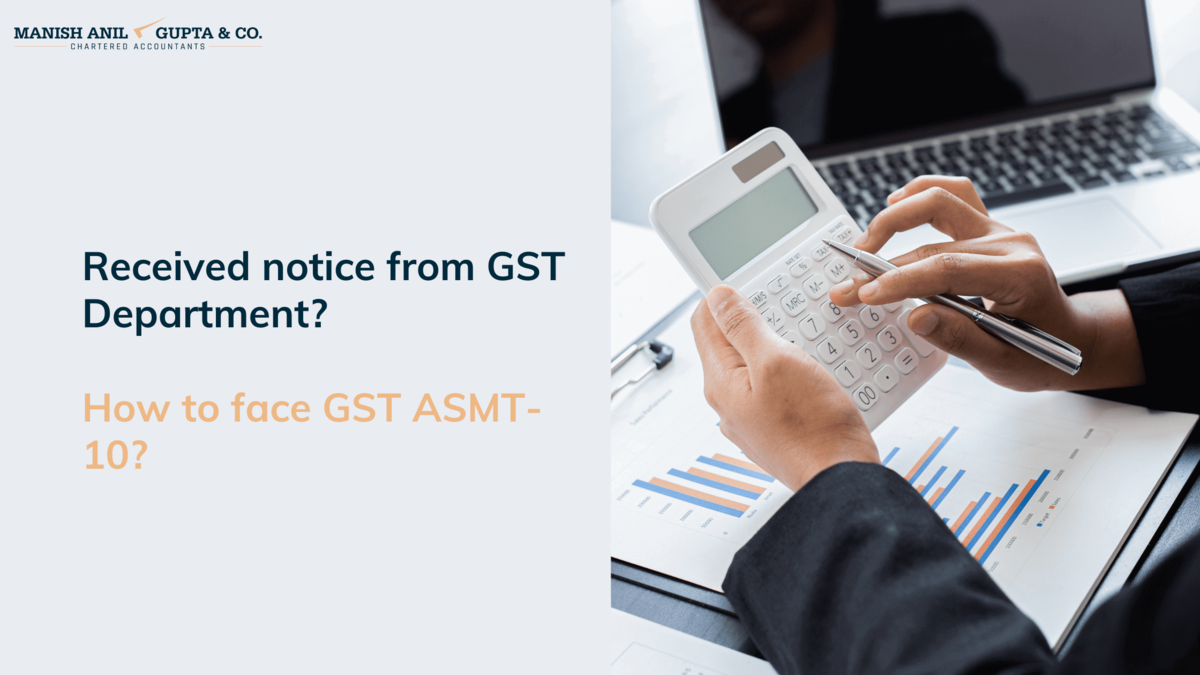Our strategic Goods and Services Tax (GST) Advisory services focus on our client's overall tax performance, creating more significant opportunities to measure and gain efficiency, develop a more strategic approach to tax, and deliver prominent shareholder value. Through benchmarking regular performance, knowing best practices about companion and historical performance, and measuring the delta between substance and the potential of our client's tax department, MAG gives a clear plan for transforming the tax operations into a Tax Competency Centre. We provide best GST consulting services in India to our clients.
Being the best GST expert in Delhi, we help our clients to design and execute processes and technologies which improve the efficiency and effectiveness of their tax operations. We assess tax situations and develop strategic plans that include transaction structuring, business restructuring, and alternative filing positions. And, we ensure whatever the efforts our clients take will have a positive impact on the overall strategic objectives of their respective organisations.
To satisfy the differing and day to day requirements of our clients, we offer GST Advisory services. We have a team of highly experienced GST tax consultants who undertake GST tax advisory services in a very efficient manner and ensure that your company's overall GST related tax filing and advisory needs are met promptly. We assist you with identification of changes to any long-term contracts, conducting tax-code mapping for all transactions and a review of the existing levels of GST tax compliance.
Goods and Services Tax, comes into existence effective from 01.07.2017 subsumed plenty of indirect taxes such as VAT, central sales tax, service tax, excise duty, countervailing duty (CVD) and octroi duty. GST will have repercussions for every business in terms of tax rates, the overall incidence of tax, input tax credits, distribution of tax, evaluating costs and fixing prices of goods and services.
Businesses must ensure the following:
-
Correct classification of HSN and SAC codes and selection of applicable rates of tax (commonly from exempt to maximum of 28%)
-
Determine the place of supply to ascertain the relevant state for GST compliances that helps in charging GST under correct heads
-
Claim eligible input tax credits and exclude or defer ineligible input tax credits, as well as refunds or tax credits for exports
-
Compliance on inward supplies where taxability is under reverse charge mechanism
-
Ensure filing of periodic and annual returns in each state (or for each registered person) based on applicability
-
Different rules for valuation of supply in case of related persons, deemed distinct persons, agent and principals, and other various circumstances.
Our GST Advisory Services
-
Blueprint of GST applicability: Providing a complete blueprint of the GST framework and related compliances applicable to a particular client.
-
GST compliances: Periodic review of GST returns and tax computations along with the filing of returns to GST authorities each registered person (including consideration of mismatches between vendors and customers and the client's records based on reconciliation statements prepared by the client)
-
GST operational assistance and retainer services: Addressing operational matters flowing out of GST implementation, vendors and consumers ecosystem care and advisory services for obtaining advance rulings
-
GST Audit Services: Helping the clients in the annual GST audit in respect of each establishment of a registered person.
-
Internal review of all GST perspectives: Review of all processes from a GST perspective, including examination, validation and acceptance by users of ERP-related GST controls
-
GST supply chain effectiveness review: We provide clients with insights on improving the supply chain, network optimisation, warehousing and logistics
Why choose MAG for your GST Advisory Services?
-
We boast a highly qualified and dedicated team of professionals for delivering best GST advisory services.
-
Our GST team is well versed with IT-related software and tools beneficial for clients.
-
We operate with a large client base across different sectors including engineering, trading and manufacturing, hospitality, travel, tourism & entertainment, pharmaceutical & healthcare, e-commerce operators, import and export, infrastructure & real estate, IT & ITES, FMCG, automobiles and Gems & Jewellery etc.
Manish Anil Gupta & Co is one of the best GST Consultants in Delhi. Our team of experts delivers comprehensive services in the area of GST.
So, if you are seeking GST Consultancy related services in Delhi, kindly get in touch with us at info@manishanilgupta.com and experience the finest services in the field of GST from our team of experienced professionals.

Rahul Garg
Director-Taxation & Compliances
“Don’t Be Intimidated By What You Don’t Know. That Can Be Your Greatest Strength And Ensure That You Do Things Differently From Everyone Else.” .
View Profile
Discuss with expert
